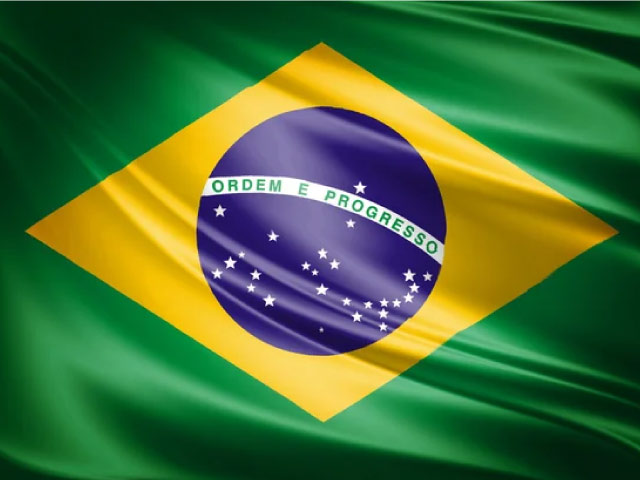1) Political factors
Brazil is a politically agitated country. Jair Bolsonaro has been in charge since January 1, 2019, and he is strongly criticised nationally and internationally. He is considered by many to be very radical, and he has been the subject of several court inquiries into his actions. This contributes to making Brazil an unstable country where popular protest is raging. Demonstrations by opponents of the regime have increased in recent months, especially since the fall of 2021 and major accusations of spreading false information against him and those around him. Bolsonaro is sometimes described as a dictator. An anti-democrat who does not respect the laws and the rights of citizens. This puts Brazil in a delicate political position, both internally and externally.
The other political factors that can have major consequences for Brazil are its positioning vis-à-vis its neighbours and other world powers such as the United States, for example, or the decisions taken concerning the management of the country, the COVID epidemic, as well as its health, social or economic consequences.
2) Economic factors
The economic factors that can have a significant impact on Brazil are; the unemployment rate, the growth rate, the household savings rate, the corporate investment rate. The country's development index is also a key index, especially in economic matters, as poverty remains a very important phenomenon in Brazil, with significant repercussions in many other areas (health, mortality, education, violence, etc.). Finally, inflation is an important criterion to mention in an area of the world where it is structurally much more important than in Europe in recent decades. In 2021, it is expected to be around 7% in Brazil, according to studies carried out by Coface.
3) Social factors
Social divisions are very strong in Brazil, particularly between the lower fringes of the population and the more fortunate. This leads to sometimes very violent clashes. Crime, corruption and clashes between rival gangs are a very widespread phenomenon in Brazil, which has a strong impact on the population. The Favelas are numerous and cause major problems.
The country has a population of nearly 213 million people. Nearly 10% of whom are estimated to live below the poverty line.
The education rate of the total population remains unsatisfactory, with many children having no access to school systems or health care systems.
4) Technological factors
Brazil is in the process of equipping new technologies and, in particular, the development and deployment of 4G and then 5G. Many technological developments are currently underway, in particular, with the switch to all-digital for many activities. As has also been happening in Europe in recent years, further reinforced by the COVID19 pandemic.
5) Ecological factors
Problems related to the environment, pollution and the preservation of the planet are crucial for Brazil. The country has been marked for many years by massive deforestation of the Amazon, which covers a large part of this immense country. The repercussions are major for Brazil but also beyond national borders.
The country also has phenomenal freshwater resources, through the Amazon, which represents a major ecological asset, but also a jewel to be preserved in a sustainable manner.
The country is also a major producer of ethanol, which represents a significant environmental impact. Ethanol is mainly produced from sugar cane, which leads to intensive and not always reasonable use.
It is also a large oil producer, among the largest in the world, with all the consequences that this has, in the short and then in the very long term.
The country has embarked on the exploitation of wind resources since the early 2000s, but political disputes have limited this development.
6) Legal factors
The country faces difficulties in harmonising legislation due to the existence of various federal states. This complicates Brazil’s legislative uniqueness significantly.
Finally, the country is facing new issues such as the fight against corruption at different levels, the fight against unfair competition or prohibited monopolies, respect for consumers and their personal data.
Brazil is a huge country, very diverse, but also facing major economic, political and social difficulties. Bolsonara's coming to power in 2019 seems to have further increased the obstacles for this country, which is, nevertheless, richly endowed with natural resources and continues to affirm that it aspires to become one of the countries that matter most to the world on a planetary scale.









